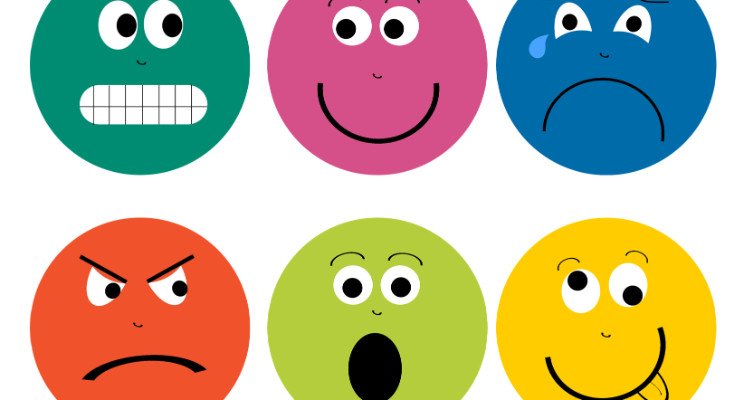c/o LinkedIn
One of the most remarkable things about the human brain is its ability to process the same situation in multiple ways. In contrast, mathematical models are not capable of this flexibility. These models, particularly those related to time and algorithms, inherently assume that faster is always better. In his 2013 book, “Social Acceleration: A New Theory of Modernity”, Hartmut Rosa traces the origins of social acceleration back to the Industrial Revolution. This acceleration, however, has contributed to our collective discontent. With an overwhelming increase in choices, we no longer feel we can fully achieve everything we desire. This relentless pace and the explosion of options have left us feeling perpetually unsatisfied or under-optimised.
If you're seeking clarity in this fast-paced world, book a confidential 30-minute discovery call with me via email to explore how you can optimise your leadership and career trajectory.



